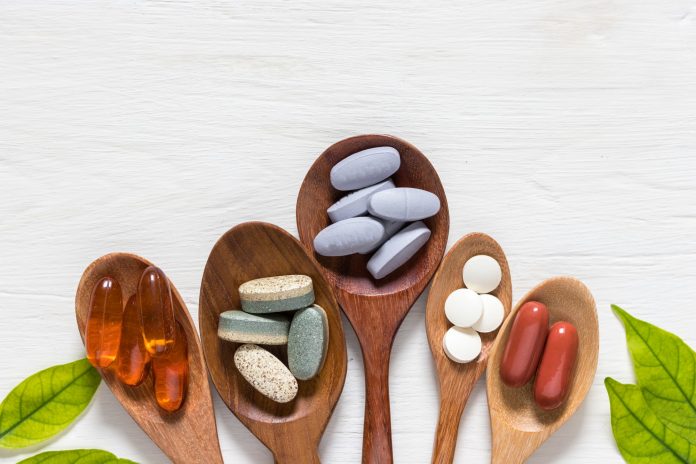Vitamin boost: Half of Millennials are using vitamins and supplements more often than they did before the pandemic
The use of vitamins, minerals, and dietary supplements (VMS) among Americans is on the rise. According to new research from Mintel, among the 78% of Americans who are vitamin* users, a third (34%) have increased their usage since the start of the COVID-19 pandemic, including nearly half (47%) of Millennials. In line with consumers overall, Millennials say supporting their overall physical health (66%) and immune system (62%) are the top two reasons for VMS use. However, Millennials (43%) prioritize VMS use to support their mental well-being more than consumers overall (34%).
While sales of VMS surged during the pandemic, increasing an impressive 22% between 2019-20 to reach $31.52 billion in 2020, growth leveled out in 2022 when sales grew an estimated 4.1% to reach $35.64 billion. Sales are set to grow a further 5% in 2023 when the market is expected to hit an estimated $37.44 billion.
Dorothy Kotscha, Health and Wellness Analyst, Mintel Reports US, said “While the pandemic negatively impacted multiple areas of consumers’ lives, the shift it created in how consumers view and approach their health has benefitted health and wellness brands, particularly within the vitamin, mineral, and dietary supplements (VMS) space. Immune health concerns no longer only hold seasonal significance and consumers have a heightened focus on the importance of both physical and mental well-being. As greater attention is placed on one’s mental health, VMS brands can tap into this trend by focusing on formulas that contain brain-boosting and mood-regulating ingredients such as magnesium, vitamin D, curcumin, and L-theanine.
“Our research shows that consumers are taking lessons learned from the pandemic to create health routines around VMS products; however, there are signs of fatigue within the market. Usage of multivitamins, for example, has remained flat over the past year, indicating that interest is being directed elsewhere. Brands will need to focus on innovation and emerging health concerns in order to embrace changing consumer sentiment. Ingredient transparency will be increasingly important as consumers seek to understand the role ingredients play in their VMS products.”
Consumers show interest in single-letter vitamins and supplements
The majority of consumers take some sort of vitamin or supplement: 78% take a vitamin and 64% take a supplement. While use of vitamins remained flat over the past two years (77% in 2021), usage of supplements increased by 13 percentage points, up from 51% in 2021. Specifically, single-letter vitamins and mineral supplements have seen a gradual uptick in usage over the last five years: single-letter vitamin use increased from 47% in 2018 to 52% in 2022, while mineral supplement use increased from 33% to 42%. Mintel research shows that consumers are looking to optimize their health by focusing on vitamins and minerals they may be lacking for a more personalized approach, rather than a one-size-fits-all multivitamin.
“Customization and personalization are more important than ever as consumers are increasingly interested in broadening their approach to health. Single-letter vitamins may erode the widespread usage of multivitamins as consumers desire greater control over their VMS regimens. Major VMS players should take a close look at ways to offer customized products in a variety of formats and distribution channels in order to optimize the way that they meet their customers’ unique needs,” concluded Kotscha.
*Including multivitamins (products that contain a combination of vitamins in one), and one- and two-letter vitamins (products that contain only one or two specific letter vitamins such as vitamin C tablets)
**Supplements: CoQ-10, glucosamine, and chondroitin products and other specific supplements; targeted supplement combinations, such as women’s health or joint health formulations; and herbs/botanicals, such as echinacea and St. John’s wort
Text by: Mintel









